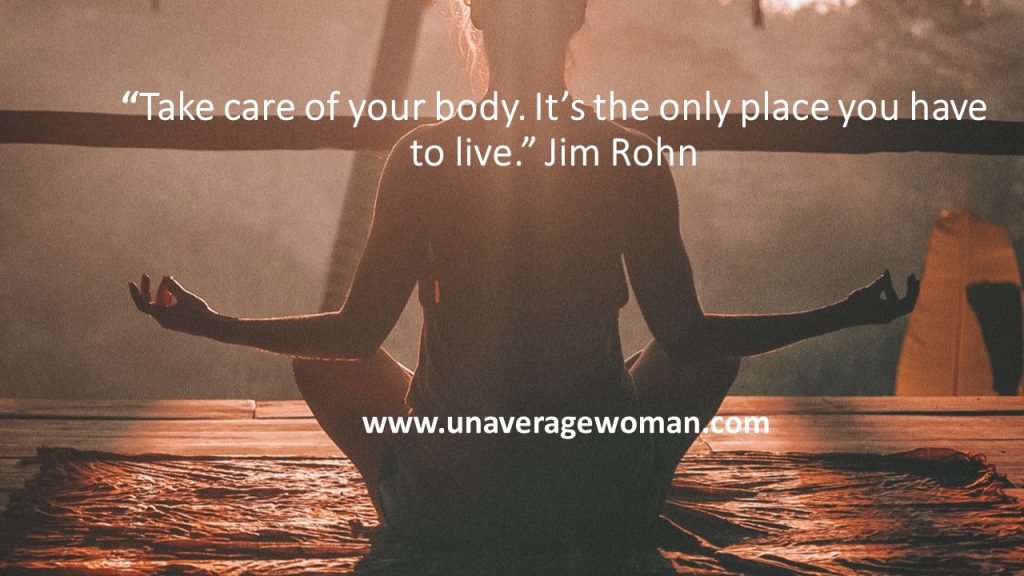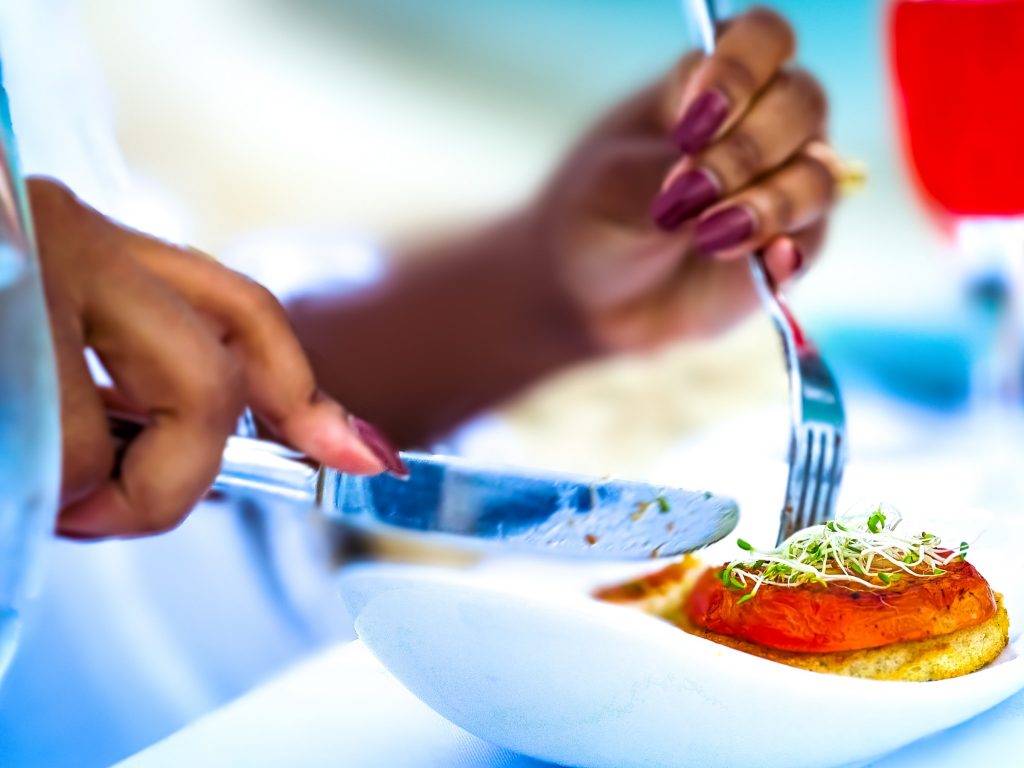Food we all need it to survive. However, many women, including myself, have had a problematic relationship with food. There are 21-day challenges that encourage one to eliminate sugar and 30-day challenges to only eat whole foods. There are popular diets like Keto, Atkins, and intermittent fasting that people encourage you to try. How do you figure out what works best for you? How do you make your relationship with food healthy?
I love food. I love to eat food. I love to cook food. I love to watch other people cook food. I love food! I have had an unhealthy, on and off relationship for many years now with food. I gained weight for each of my four pregnancies and kept 10 to 15 pounds after each child was no longer being incubated in my womb. I struggled to get back to the old me and had to embrace a new me each time. I tried working out and various diet plans, but I never really tackled my relationship with food.
A relationship is defined as the way two people or objects are connected. The purpose of food is to give us nutrition. Food is not meant to comfort us or relieve our stress. Food is not meant to be a friend. I know that is hard to grasp, because I have used food for comfort on stressful days and as a reward for a hard day of work. I let my emotions dictate what I eat. When eating food is linked to good or bad emotions, it can become a problem.

I now realize that the choices I make with food and the reasons I eat certain foods can have a negative or positive effect on my life. Being able to discern between physical and emotional hunger and knowing how to handle both have helped me understand my relationship with food. There are specific steps I took to declutter my relationship with food, and I know that they can help you as well. The Three Steps to Tackle Your Relationship with Food are:
- Identify your Triggers – Figure out what makes you want to eat? Stress, Sadness, Happiness? Is food a way of escape? I know it has been all these things for me at different points in my life. Figuring out what type of day or event makes me want to eat comfort or junk food has helped me tremendously. You can keep a food diary if your triggers aren’t obvious. Then you can go back and see what type of day you were having when you ate too much or ate bad foods.
- Find other Outlets Instead of Eating – Planning how to deal with your triggers come next. What are some other ways to deal with your stress or bad day? You might go for a run or do a yoga workout. How about watch a movie or organize a closet? What works for you will be different than what works for me. However, it is imperative to channel that energy into a more productive activity than eating a large bowl of ice cream or bag of chips.
- Replace Bad Snacks with Healthy Alternatives – Sometimes you are going to want a snack no matter what. So why not replace the bad ones with something better for you. I love honey buns and ice cream, but I try not to buy those things that often. If they are not in your pantry or refrigerator, you can’t eat them that often. I now snack on fruit, yogurt parfaits, granola, and nuts when I need a snack.
I love food and I always will, but I won’t let my emotions control what I eat or when I eat anymore. I may never be the same size I was before I had a child, but I can be a healthier version of myself. Your relationship with food can be healthy, too. Start identifying your triggers, find other outlets instead of eating, and replace your bad snacks with good ones.

